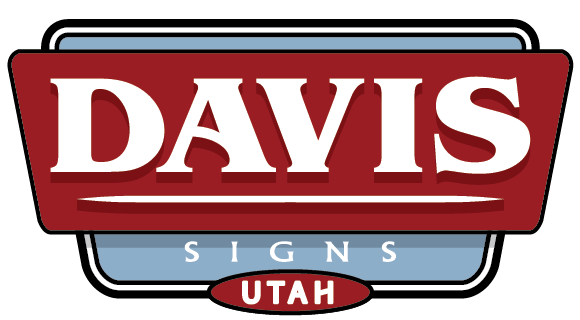What Makes A Business Sign Iconic In A Small Town?
There is more to a business sign than simply putting the company’s name on a building in a small town. The signs that people use to give directions, remember years later, and quickly recognize without having to read every word are the ones that are considered to be the most iconic forms of business signage.
What distinguishes a typical sign from a sign that is considered to be iconic?
Simplicity
A quick glimpse is all that is required to comprehend iconic signs. People who live in a small town might come see a sign on a daily basis as they are driving by, walking their dog, or going to work. Clear wording, legible typefaces, and clean layouts guarantee that the sign is legible from a distance as well as from a close proximity. Designs that are overly intricate might evoke a sense of dislocation and are more difficult to remember.
The most memorable signs typically express a single message very effectively, which may be the name of the company, a symbol, or a promise.
A Feeling of Eternal Existence
Companies that are able to endure in tiny towns are important. Indicators that have a sturdy and well-crafted feel convey a sense of trust and permanence. The use of materials such as routed aluminum, carved wood, dimensional lettering, and monument-style signage gives the impression that a company intends to remain in operation rather than going out of business in a year.
Personality and Characteristics of the Area
In order for a sign to be considered really iconic, it must accurately reflect the town that it serves. Authenticity is treasured in small communities, as opposed to generic designs that are derived from a template. Iconic signs frequently make reference to the history of the area, materials that are native to the area, or traditional design patterns that inhabitants are accustomed to seeing.
Signs Last For an Extended Period of Time
Due to the fact that they do not undergo regular modification, many famous signs continue to be cherished. perhaps if there are some slight adjustments, the fundamental appearance will continue to be identifiable for years or perhaps decades.
Davis Signs Utah is Responsible for the Creation of Iconic Signs
When it comes to small town signage, Davis Signs Utah is aware that it is not only about branding but also about a sense of belonging. Our group creates and fabricates signs that are respectful of the local culture while also giving durability, clarity, and an effect that lasts for a long time.
If you want your company sign to become a part of the neighborhood rather than just another storefront, the difference is in the careful design and superb craftsmanship that you put into it.
More Articles About Custom Signs
- Monument Signs vs Pylon Signs
- Cleaning Neon Signs – Salt Lake City
- What Are Acrylic Signs – Salt Lake City
- Business Signs for Buildings
- What is a Monument Sign?
- Davis Signs Sell Sneeze Guards
- Customize Your Man Cave With Neon Signs
- Best Sign Companies In Utah – Salt Lake City Area
- How Much Does It Cost To Wrap A Car In North Salt Lake City?
- Directory Signs – Benefits And Installation
- Outdoor Business Sign Ideas For Centerville, Utah
- The 7 Best Fonts For Signs
- 3 Benefits Of Building Wraps For Advertising In Utah
- Neon Bar Signs For Ogden, Utah
- Motorcycle Wrap Cost In Clearfield, Utah
- Pylon Signs – Ogden, Utah
- How Much Do Monument Signs Cost In Salt Lake City?
- Neon Signs For Sale In North Salt Lake City
- How Much Does It Cost To Wrap A Vehicle In Ogden, Utah?


